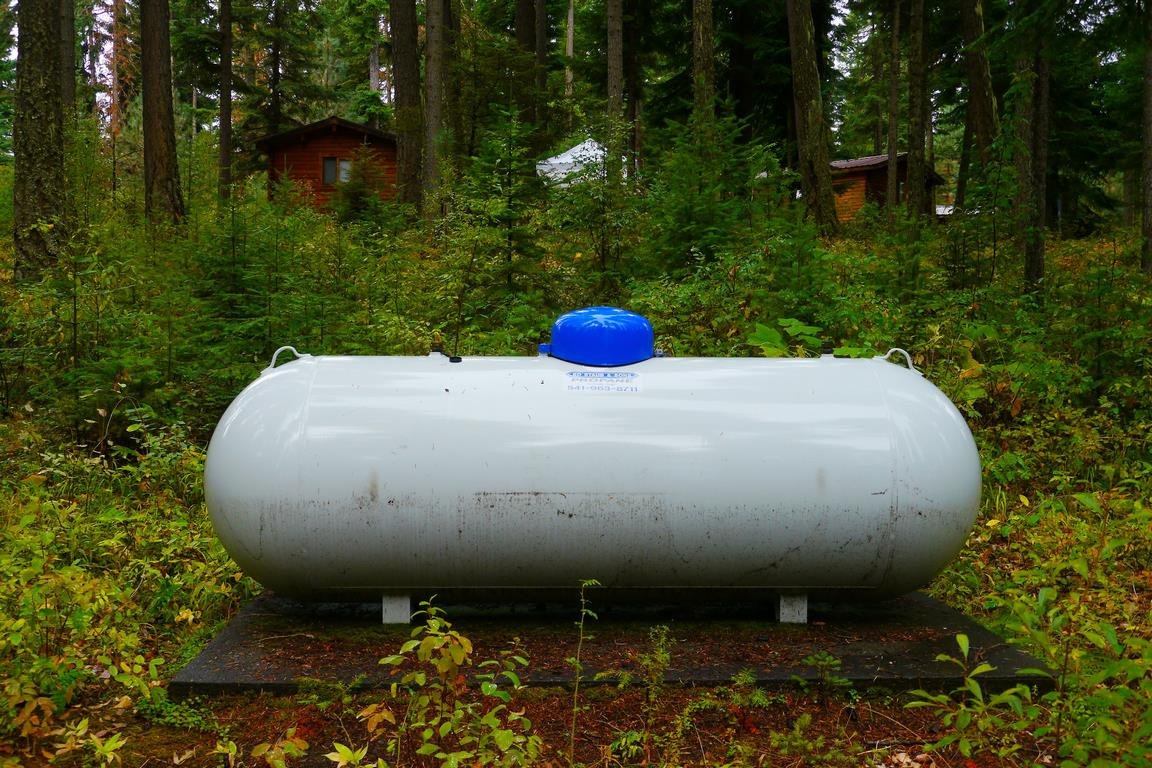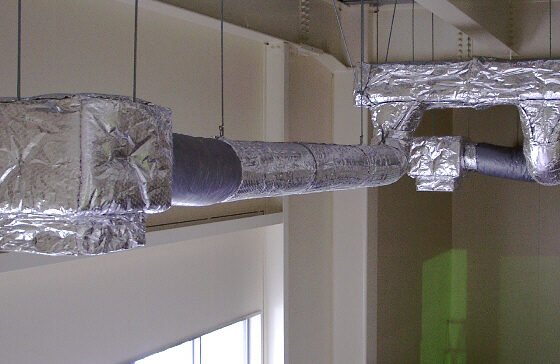Natural gas accounts for 69% of the energy used for household heating in the US. A much smaller number of homes used propane if they don’t have access to a natural gas line. And fewer homes use electricity because it’s so expensive to generate heat with.

Gas, both propane and natural gas, is what powers your furnace. It’s also used by your water heater to create hot water for the shower, sink, and handwashing. But what is the difference between propane and natural gas?
They are two distinct products, yet both can serve the same purposes in your home. If you need help deciding which route to go when installing a new gas service or are curious about the difference between propane and natural gas, read on below to find out now.
Uses for Propane Gas and Natural Gas
You can use both propane gas and natural gas can to heat your home and water. When you build your house, the furnace and water heater will utilize gas lines for a steady stream of gas intake.
If in a city or suburban neighborhood, there are likely local gas lines that your home can connect to for constant fuel. But out in the country, you may need to have your own gas tank installed and refilled regularly.
If you like cooking with an open flame versus an electric burner, then you can also install a natural gas stove in your kitchen. But out in the backyard, your grill is most likely powered by a propane tank.
Any appliance in your home or yard that creates heat, like a clothes dryer or water heater, can use propane, which is much cheaper than heating with electricity.
Read Also:
What is the Difference Between Propane and Natural Gas?
So, propane and natural gas serve similar functions. But what is the difference? Here’s our propane and natural gas guide.
Natural gas exists underground. It’s the result of millions of years of plant decomposition. When decaying plant matter is exposed to heat and pressure, the matter is filled with energy, which can be then extracted via natural gas.
Natural gas contains multiple gases, one of which is propane. When gas companies process natural gas into useful fuel, they extract the propane separately. Likewise, when oil is converted into gasoline, propane is a byproduct and is extracted for use as well.
Propane is an efficient portable fuel source. You can store it as a dense liquid, and thus can transport it in tanks for use in various locations. Natural gas isn’t usually stored in tanks, so it’s only used when connected to gas lines.
Those out in the country don’t have access to natural gas lines, so they rely on propane for all of their filing needs. Luckily, you can install large residential propane tanks and refill them when needed.
Residential propane tank sizes vary depending on the size of the home, the number of residents, and the climate in which its located. Those who live through long, cold winters need more propane than those in Florida.
What Powers Your Home?
So what is the difference between propane and natural gas? In our natural gas and propane guide, we shared how the main difference is where each fuel source comes from and how you can store it.
You can use propane where natural gas lines don’t exist since you can store propane as a liquid, making it efficient to transport and store on sight.
Looking for more useful information? Head over to our blog to learn more about what powers your home.










